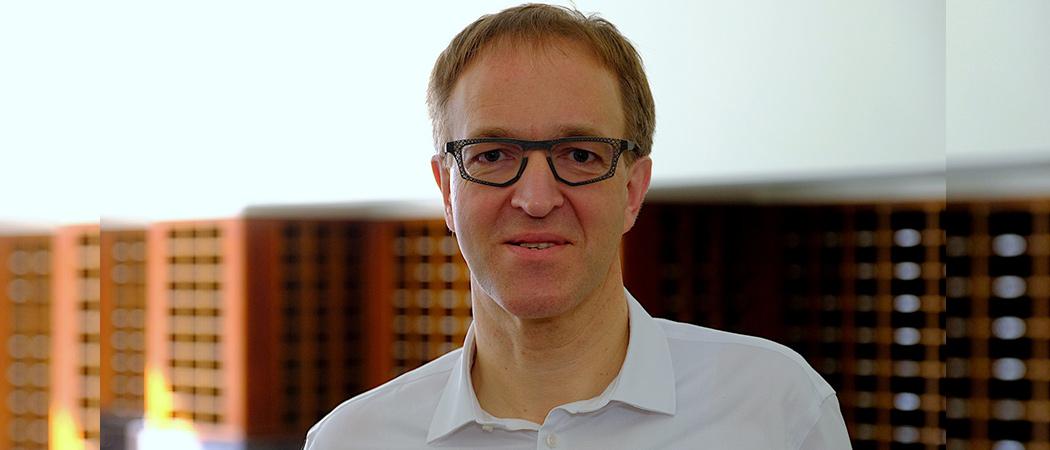Ghent University rector Rik Van de Walle says statement by Russian rectors changes the game, but individual east-west contacts and academic freedom must continue

Rik Van de Walle, rector of Ghent University.
Editor’s Note: In the first few days of the war, Ghent University in Belgium stood out as promising continued support for its big Russia Platform linking researchers. But, the Ghent rector explains here in an essay for Science|Business, a recent pro-government statement by a group of Russian rectors casts a new light on east-west academic relations
According to the 1988 Magna Charta Universitatum (MCU) the three fundamental principles supporting the vocation of universities are institutional autonomy, academic freedom, and the inseparability of teaching and research.
Applied to the situation of individual academics, this means that in their role of knowledge creators and knowledge disseminators they must be granted the freedom to explore, independently of any political, economic or institutional pressure, whichever subject they would like to explore and to involve in their explorations whichever partner they prefer (while respecting the provisions laid down in related regulations and agreements).
As one of the initial signatories of the MCU, Ghent University is firmly committed to guaranteeing the fundamental value of academic freedom, which includes involving any partners in research and teaching across geographical, political and cultural borders. This freedom of our staff to choose academic partners and to establish (inter)national cooperation is thus absolute and Ghent University in principle will not impose any limits on it.
As a consequence, when on 24 February 2022 Russian military troops started to invade Ukraine, there was no reason for Ghent University to suspend any existing academic collaborations with Russian universities and academics, nor did we have any such intentions.
Russian rectors’ statement
This situation changed, however, with the publication on 4 March 2022 of an open letter by the Russian Union of Rectors. In this open letter a large group of rectors of Russian academic institutions expressed their support to the Russian state, the Russian army and the Russian president in the war with Ukraine, and called for students to be encouraged to show patriotism and support their motherland.
As this statement by the Russian Union of Rectors is extremely problematic, even if the rectors were coerced to sign it, Ghent University had no other option than to adjust its policy on Russian institutions.
In doing so, we must differentiate between two things: (i) institutional cooperation, and student exchange or cooperation between academics within this framework; and (ii) individual contact between academics or individual students who study or would like to study at our university.
Individual contacts between academics must always be possible. Additionally, individual students who wish to study at our university remain welcome to do so. Ghent University itself will never refuse students based solely on their nationality.
However, institutional cooperation with Russian universities that support the invasion of Ukraine, and student exchange or cooperation between academics that takes place within that framework, will be suspended. The latter is particularly the case for Russian universities that have signed the aforementioned open letter, that issue sanctions on academics critical of the regime and/or actively limit the academic freedom of their researchers. Naturally, the establishment of new institutional cooperation with these universities will no longer be possible.
At the same time, it is important to state, and even to emphasise, that Ghent University wishes to continue cooperation with Russian universities that do not support the invasion of Ukraine and do show respect for the academic freedom of their researchers.
In addition, maintaining personal contacts with individual academics and students from universities with whom institutional cooperation has been suspended also remains possible, and is even desirable in the current circumstances. Or, to put in another way, Russian universities, academics and students that emphatically do not support the invasion should not be punished, but must, instead, explicitly be shown appreciation and support.
In the current worrying times, it is important that academics around the world are allowed to keep the lines with Russian academia open as much as possible. As institutions, however, we should not close our eyes for what is unacceptable.
I believe that we, academics and leaders in academia, should state this more than ever, loud, clearly, and unambiguously: academic freedom and universities do matter.




 A unique international forum for public research organisations and companies to connect their external engagement with strategic interests around their R&D system.
A unique international forum for public research organisations and companies to connect their external engagement with strategic interests around their R&D system.